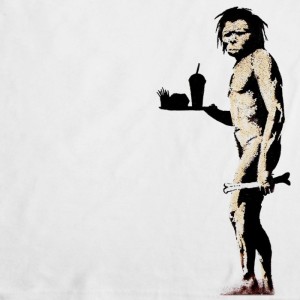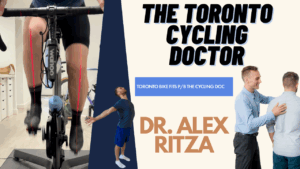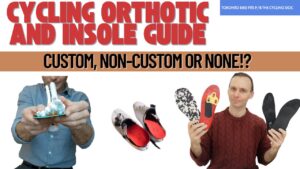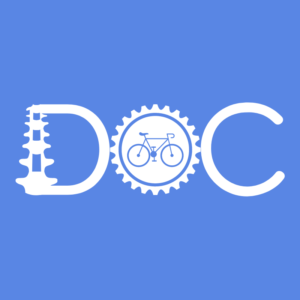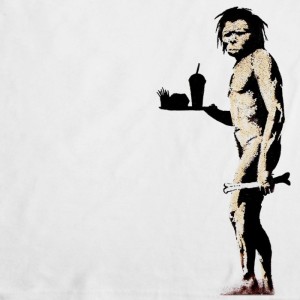 Have you ever thought that maybe good financial planning and healthy living require the same principles?
Have you ever thought that maybe good financial planning and healthy living require the same principles?
We are always told to save for the future; “put away 10% of your monthly income”, “save for a rainy day”, “don’t put all your eggs in one basket”, et cetera, et cetera.
There are no shortages of metaphors to name off.
Saving money for later use and delaying instant gratification is hard. “I really want that _______, but know that I should save for X” is something we have all encountered. Your future self will almost always thank you for the savings, but in the moment, the choice takes grit. It means battling what our instincts and genes tell us to instead make what we know to be the “right” choice.
I am proposing that the challenge of maintaining a healthy lifestyle very much mimics financial planning; foregoing what is easy and feels good in the moment in favour of long-term benefit.
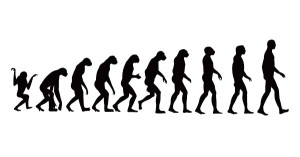
From an evolutionary perspective, nothing about this is natural. Over thousands of years, we have evolved because of the decisions that our ancestors made and how it shaped their ability to a) survive, b) procreate and c) protect their young until they could do the same. In simplified terms, if requirements a) through c) were satisfied, the genes, beliefs, culture, and group behaviours that resulted in survival went forth into the next generation. Things that were either instinctive or that were learned to improve survival kept getting passed forward.
In most cases, humans adopt(ed) behaviours if they feel good (because of our genes) or there is a positive reward (because of our brains). As an example, you are more likely to eat more of a particular food if it is delicious, doesn’t bring immediate poor health, and is available again. Ancestral humans would have learned quickly that meat roasted on an open fire was more beneficial to survival than chewing on indigestible grass.
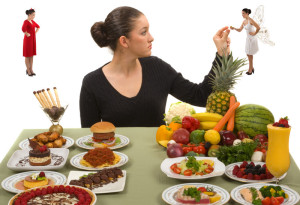
Even if a food might reduce your longevity and ultimately contribute to an untimely death, if it has pleasured the right taste buds and sent the right hormones coursing through your veins, then the body is going to want to repeat these behaviours ad nauseum.
Just think about how difficult it would be for a caveperson to turn down a pound of salted butter sitting in the middle of the forest floor – impossible!
However, we do not live in a “knowledge vacuum”, which is to say that hundreds of years of science has provided us insight into what lifestyle choices are likely to improve your quality of life, longevity and happiness, even when they go against your instincts and desires. We generally have a basic understanding of what constitutes healthy choices versus the opposite.
We know that we should exercise everyday.
We know that we should stretch more, use better posture, and be out of our chairs every 20 minutes.
We know we should probably have a salad instead of pizza.
Even though we have been told and “know” these things, healthy lifestyle choices usually requires us to go against what our bodies are telling us they would prefer to do.
Rest rather than run. Candy over carrots. Slouch instead of straight.
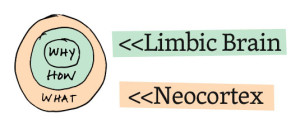 However, our emotional lizard limbic brain is so much stronger in the decision making process than the much more knowledgeable neocortex. We usually choose based on emotion rather than facts
However, our emotional lizard limbic brain is so much stronger in the decision making process than the much more knowledgeable neocortex. We usually choose based on emotion rather than facts
Any marketer will tell you that consumer buying choices are rarely based on what they know about a particular product, but rather how it makes them feel. It feels a lot better to buy the more expensive and glamorous option than the practical one: even when we know that we should not.
The good thing is that innate feelings and behaviours have gotten us pretty far. The challenge is that we have evolved to be the dominant species on the planet because of our incredible capacity for survival and not because we have mastered longevity.
When you fast-forward a few millennia from our caveperson days, rarely in the first world do humans have to worry about survival. It is visible daily in every newspaper article, blog post and study that is focused on providing us with the knowledge to thrive and not merely survive.
We want to be happier, be stronger, perform better, live longer, and the human race collectively put an incredible amount of energy and man/womanpower into procuring the knowledge and methods to make that a reality. The more we know, the better evidence we have to make better choices. And the more concretely we know something to be true, it is easier to have made a choice and have faith that our decision will make a difference.
 Especially in North America, where the sheer abundance of lifestyle options is overwhelming, most research compels us to make choices that go against what our lizard brain tells us. We know we should avoid eating the entire bag of chips despite that silly idle left hand’s revolving reach into the bag.
Especially in North America, where the sheer abundance of lifestyle options is overwhelming, most research compels us to make choices that go against what our lizard brain tells us. We know we should avoid eating the entire bag of chips despite that silly idle left hand’s revolving reach into the bag.
I would like to think that as we learn more about improving longevity, we might be able to outsmart our limbic brain (and marketers!) and make choices that collectively make us healthier as a society.
It is hard to be healthy because we have not evolved and are not built to survive a really long time. We like stuff now and want to feel good now.
Good investments and saving require planning, rituals and making choices for the future. Being healthy and living longer doesn’t seem to be that much different to me.
Having a plan and ritualizing as much as you can will reduce your daily decisions fatigue. It is exhausting to make the healthy choice all day, but if it is ritualized and automated as part of your daily schedule, you can be on autopilot. Knowing that you are going to have the same nutritious smoothie every morning and end your work day by going to the gym increases your chance of success
When it comes to maintaining your spine and nervous system, I really encourage you to have a plan so that they don’t fail you.
If you do not know what that plan would look like, we would love to help

